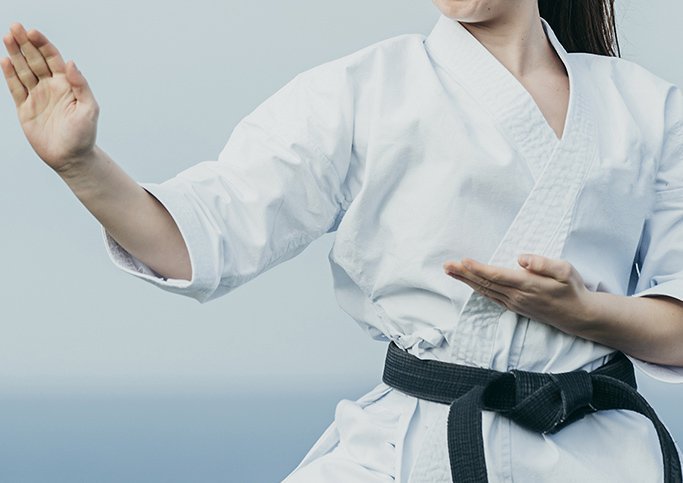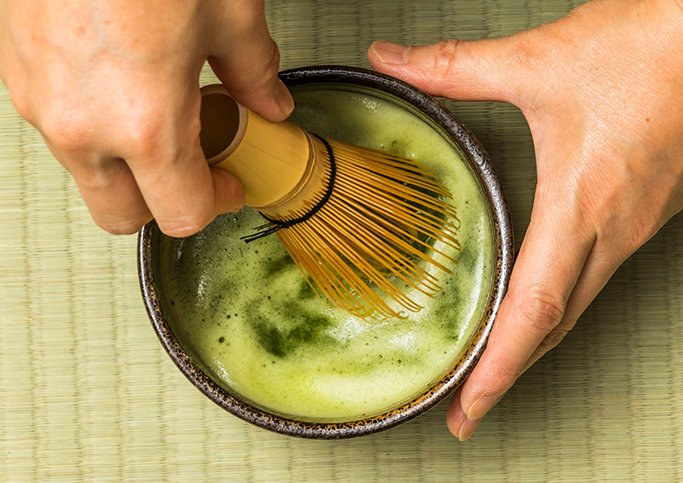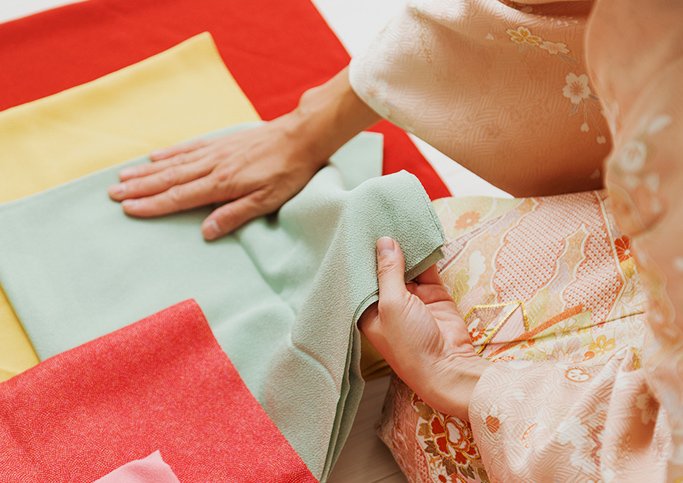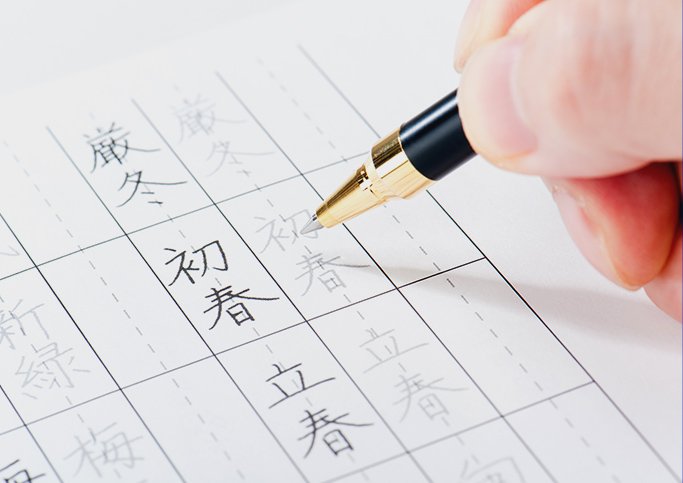
ask
~shite itadakemasu ka?/ onegaishimasu / onegai dekiru?… How to say when making a request in Japanese
6/14/2021
When making a request to someone in Japanese, the expression "when making a request" changes depending on whether the person you are talking to is someone close to you, or someone older than you or your boss. Learn how to make appropriate requests depending on the occasion!
1. ~していただけますか?(~shite itadakemasu ka?)
“~していただけますか?” (~shite itadakemasu ka?) is an expression for a request in Japanese, and it is often used to convey very politely. “~していただけますか?” (~shite itadakemasu ka?) shows respect to the person you request. Therefore, it is used for superiors, business partners, and company bosses. It's a polite expression, so you can use it when asking directions to a stranger. It is not used for close relationships such as friends or younger people. A similar expression is “~してくださいますか?” (~shite kudasaimasu ka?), which is used in the same way, but “~していただけますか?” (~shite itadakemasu ka?) is a more natural Japanese expression.
Example
数学のこの問題が分からないので、教えていただけますか?
Kono mondai ga wakaranainode, oshiete itadakemasu ka?
I don't understand this question. Could you tell me?
Example
うちの会社と取引をしてくださいますか?
Uchi no kaisha to torihiki wo shite kudasaimasu ka?
Would you like to do business with our company?
2. ~してもらえませんか?(~shite moraemasen ka?)
Another Japanese expression to make a polite request is “~してもらえませんか?” (~shite moraemasen ka?). It is used for superiors, in business situations, or when meeting someone for the first time, but not for friends. It is often used when having a strong desire to request, and when this expression is used, it includes the speaker's earnest wish or plea.
Example
財布を忘れたので、お金を貸してもらえませんか?
Saifu wo wasuretanode, okane wo kashite moraemasen ka?
I forgot my wallet. Could you lend me some money?
Example
寄付をしてもらえませんか?
Kifu wo shite moraemasen ka?
Could you make a donation?
3. ~してください(~shite kudasai)
“~してください” (~shite kudasai) is also an expression when you ask someone to do something, but it is mainly used when giving someone instructions or telling them how to do something. It is often used as a polite way of making a request while indicating instructions or methods. In the business scene, it is also used when you request politely to younger people or juniors. In addition, it is used in a wide range of situations such as conversations between school teachers, shop clerks, hospital nurses and doctors.
Example
鉛筆は机の上に置いてください。
Enpitsu wa tsukue no ue ni oite kudasai.
Please place the pencil on the desk.
Example
薬は毎日飲んでください。
Kusuri wa mainichi nonde kudasai.
Please take the medicine daily.
Example
眼鏡を拭くときに使ってください。
Megane wo fuku toki ni tsukatte kudasai.
Please use it when you wipe your glasses.
4. ~を頼む(~wo tanomu)
The phrase “~を頼む” (~wo tanomu) is used when making a request in a commanding tone. It is not polite and does not show respect to the person to be asked, so it should not be used for older people, business partners, or company bosses. It is mainly used by men to their close friends and subordinates. A polite way to say “~を頼む” (~wo tanomu) is “~を頼みます” (~wo tanomimasu). It implies a desire to do something on behalf of the person making the request. You may not hear this expression in daily life, but it is often used in Japanese dramas and literary works.
Example
会議の資料を明日までに頼む。
Kaigi no shiryō wo ashita made ni tanomu.
Make documents for the meeting by tomorrow.
Example
ウイスキーを一杯頼む。
Uisukī wo ippai tanomu.
A glass of whiskey, please.
Example
娘を頼みます。
Musume wo tanomimasu.
Please take care of my daughter.
5. ~してくれない?(~shite kurenai?)
The phrase “~してくれない?” (~shite kurenai?) is not respectful and should not be used for superiors. This is a polite way to ask a subordinate, friend, or someone close to you. In this way, you can ask the person as a question without forcing the request on them. A similar expression is “~してくれる?” (shite kureru?).
Example
会議室の予約をしてくれない?
Kaigijitsu no yoyaku wo shite kurenai?
Can you make a reservation for the conference room?
Example
本を貸してくれる?
Hon wo kashite kureru?
Will you lend me a book?
[日本のことが気になる?一緒に日本語を学びませんか?]
6. ~してくれ(~shite kure)
The phrase “~してくれ” (shite kure) is a request with a strong commanding tone. It is used when giving orders or when getting angry. In business situations, it is often used by a boss to his subordinate. Since it is a word without respect, it should not be used for superiors or bosses who should be treated politely. It is often used by men. There is a similar word, “~して” (shite), which has the same meaning but is mostly used by women. It is often used by mothers to say “~して” (shite) to their children.
Example
重要な書類を持ってきてくれ。
Jūyōna shorui wo motte kite kure.
Bring me the important documents.
Example
静かにしてくれ!
Shizukani shite kure!
Be quiet!
Example
宿題を早くして!
Shukudai wo hayaku shite!
Do your homework now!
7. お願いします(onegai shimasu)
The phrase “お願いします” (onegai shimasu) is polite and is often used in business situations with older people and superiors. It is also used when placing an order at a restaurant. It is not often used for close relationship like friends. A more polite expression is “お願いいたします” (onegai itashimasu). It is often used in conversations with business partners and in the office. You will definitely use it at work, so you should remember it.
Example
今後ともわが社の製品をよろしくお願いします。
Kongo tomo waga sha no seihin wo yoroshikuonegaishimasu.
We look forward to your continued support of our products.
Example
コーヒーを1杯お願いします。
Kōhī wo 1-pai onegaishimasu.
I'd like a cup of coffee, please.
Example
この絵に触らないようお願いします。
Kono e ni sawaranai yō onegaishimasu.
Please do not touch this picture.
Example
メールのご返信お願いいたします。
Mēru no go henshin onegai itashimasu.
Would you reply to the email?
8. お願いできる?(onegai dekiru?)
The phrase “お願いできる?” (onegai dekiru?) is a Japanese expression of request. It is not an expression of respect, so it should not be used for older people or superiors. It is used when you want to make a polite request to a subordinate or friend. It is a thoughtful expression that is not pushy.
Example
会議の資料作成、お願いできる?
Kaigi no shiryō sakusei, onegai dekiru?
Can you make materials for the meeting?
9. お願いしたいんだけど(onegai shitaindakedo)
The phrase “お願いしたいんだけど” (onegai shitaindakedo) is a Japanese expression of request. It is not a term of respect, so it should not be used for superiors or bosses. It is used when you want to make a polite request to a subordinate or friend. It can also be used when the request is difficult to make or the content of the request is difficult to understand. In the phrase “お願いしたいんだけど” (onegai shitaindakedo), the words that follow, such as “いい?” (ii), “いいかな?” (iikana?), “できる?”(dekiru?), and “できるかな?” (dekirukana?), are omitted. This is a way of saying when you are not sure if your request will be accepted.
Example
会議の司会をお願いしたいんだけど。
Kaigi no shikai wo onegai shitaindakedo.
I'd like to ask you to host the meeting.
Example
壊れたゲームの修理をお願いしたいんだけど。
Kowareta gēmu no shūri wo onegai shitaindakedo.
I'd like to have a broken game repaired
10. よろしく(yoroshiku)
“よろしく” (yoroshiku) is a Japanese request expression. It is not used for superiors or bosses, nor is it used for people you have never met before. It is a light expression used in close relationships such as friends or subordinates. If you use it to a superior or an older person, it may be considered as a lack of respect. In“よろしく” (yoroshiku), the words that follow are omitted. It omits the words “お願いします” (onegaishimasu) and “お願い” (onegai) which express a desire for the partner.
Example
この書類のコピー、よろしく!
Kono shorui no kopī, yoroshiku!
Please make a copy of this document!
Example
お土産よろしく!
Omiyage yoroshiku!
Give me some souvenirs!
There are a lot of request expressions in Japanese. In this article, we introduced expressions for requesting someone to do something. Then, how do you respond when someone makes a request to you? In fact, there are many ways to express your consent in Japanese.
If you are interested in the Japanese language, why don't you sign up for a free membership to Human Academy Japanese Language School Plus. You can experience practical Japanese lessons by experienced teachers for free.
CATEGORIES
FEATURED TAGS
RECOMMENDATION
-
 報BUSINESS TERMS
報BUSINESS TERMSWhat is ”Ho-Ren-So”, one of the basic manners when working in Japan?
10/30/2020
-
 伝WORDS & GRAMMAR
伝WORDS & GRAMMARWhat is easy Japanese?
10/30/2020
-
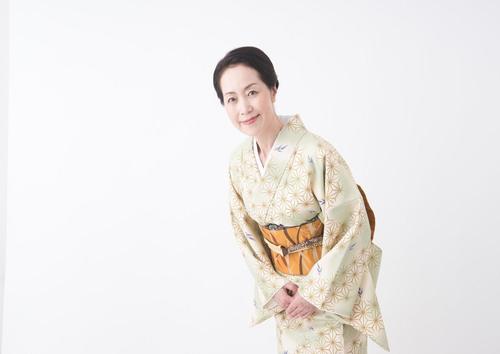 礼MANNERS
礼MANNERSJapanese greeting customs and origins. What are the greetings from other countries?
10/30/2020
-
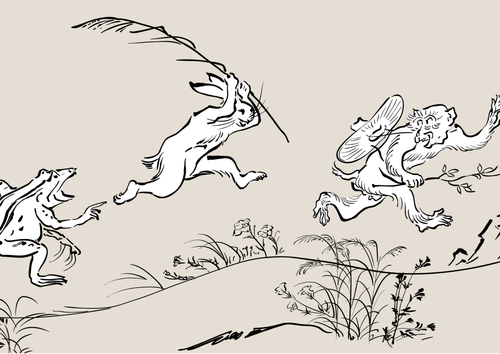 戯COMIC & GAME
戯COMIC & GAMEThe roots of animation and manga? Introducing bird and beast caricatures
10/30/2020
-
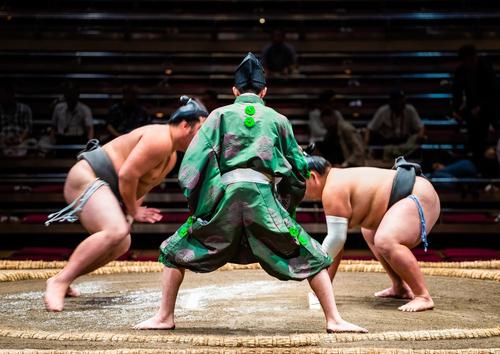 戦SPORTS
戦SPORTSThe history of sumo goes back to the mythical world! ?? Transition from myth to modern times
10/30/2020
LET’S PLAY
KARUTA!
Do you know the meaning of this...
NEXT...
FURTHER EXPLORATION
INTERESTED
IN JAPAN?
WHY DON’T YOU
LEARN JAPANESE WITH US?
START LEARNING
JAPANESE
WITH HUMAN ACADEMY!
ONE OF
THE MOST POPULAR
JAPANESE
LANGUAGE SCHOOLS
JAPANESE
LANGUAGE SCHOOL
OFFERING EXCELLENT
DETAILED LESSONS

ONLINE SCHOOL
- Learn with your classmates from all over the world
- Variety of Courses for All Needs
- FREE Trial Lesson available

TOKYO, OSAKA
- Offer the Best Curriculum for You
- Make New Japanese Learning Friends
- Many Opportunities to Practice Japanese
MAKE FURTHER
STEPS
WITH HUMAN ACADEMY!
ONE OF
THE MOST POPULAR
JAPANESE
LANGUAGE SCHOOLS
JAPANESE
LANGUAGE SCHOOL
PRODUCING MANY
JLPT N1 CERTIFIED
STUDENTS!

ONLINE SCHOOL
- Learn with your classmates from all over the world
- Variety of Courses for All Needs
- FREE Trial Lesson available

TOKYO, OSAKA
- Support Your Higher Goal of Japanese Learning
- Perfect Environment for Japanese Learners
- Learn with Your New Japanese Study Mates




